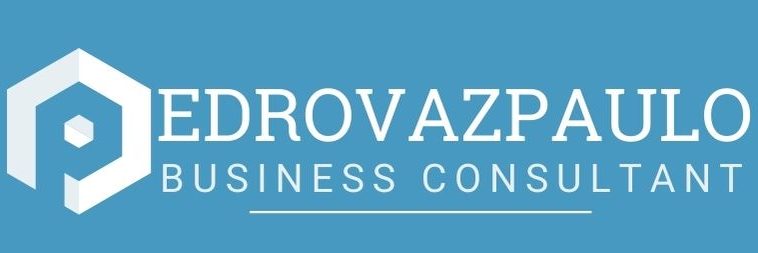Aligning billing processes with overall business goals is critical for success in the insurance industry. This strategic integration optimizes operational efficiency and supports better financial forecasting. The result is improved decision-making capabilities and enhanced client satisfaction, driving growth and stability.

In the rapidly evolving insurance sector, understanding the significance of strategic integration cannot be overstated. Aligning billing processes with broader operational objectives is not merely an administrative task but a strategic necessity. When billing processes are effectively integrated into the overall business framework, organizations enhance their capability to adapt and thrive in competitive markets. Moreover, insurance billing software plays a pivotal role in facilitating this alignment, ensuring seamless operations and precise financial management.
Operational objectives and their impact
Aligning billing processes with your insurance business’s broader goals can significantly impact operational success. By focusing on strategic integration, billing becomes an integral part of the company’s larger objectives rather than an isolated function. This alignment helps streamline processes, reduce inefficiencies, and create a more cohesive workflow across departments.
When billing processes are in sync with overall business strategies, decision-makers can access more accurate data and insights. This integration allows for more informed decision-making at all levels of the organization. Additionally, it promotes transparency and accountability among team members, fostering a culture of collaboration and continuous improvement.
Strategic alignment also enhances the ability to respond to industry changes and market demands. As a company grows or shifts its focus, having a well-integrated billing system allows for agility and adaptability. This capability is crucial in maintaining competitiveness and achieving long-term success in the insurance industry.
The technological advantage
Technology serves as a cornerstone for achieving strategic integration in insurance operations. With advancements in digital solutions, particularly in insurance billing software, organizations can enhance their efficiency and accuracy. These tools provide a platform for automating routine tasks, reducing manual errors, and freeing up resources for more strategic initiatives.
The implementation of technology facilitates real-time data analysis, offering valuable insights into financial performance and trends. This capability enables companies to make proactive adjustments to their strategies, improving their responsiveness to market conditions. Furthermore, technology supports compliance with regulatory requirements by providing transparent and traceable records.
For example, a leading insurance firm implemented a comprehensive billing software solution that automated their invoicing process. This improved their cash flow management, allowing them to reinvest in customer service enhancements. Such real-world applications illustrate the tangible benefits of integrating technology into billing processes.
Financial forecasting and decision-making
The integration of billing processes with business objectives plays a crucial role in enhancing financial forecasting capabilities. When billing data is accurately aligned with organizational goals, deeper insights into financial trends and patterns are gained. This information is invaluable for anticipating market shifts and making informed predictions about future performance.
Effective financial forecasting allows companies to allocate resources more strategically, optimizing investments and minimizing risks. It provides a clear picture of cash flow projections, enabling better budget management and expenditure planning. Additionally, precise forecasts support strategic decision-making by highlighting potential areas for growth or cost reduction.
Incorporating integrated billing systems enhances transparency across departments, facilitating collaboration on financial decisions. By fostering open communication and data sharing, teams are empowered to work cohesively towards common goals. This approach ultimately leads to more robust decision-making processes that align with a company’s vision and mission.
Explore: https://pedrovazpaulo.co/executive-coaching-program/
Enhancing client satisfaction
Consistent alignment between billing processes and business objectives significantly impacts client satisfaction. When customers receive accurate invoices and timely communications regarding their policies, it builds trust and confidence in the services provided. Efficient billing practices demonstrate professionalism and reliability, key factors in retaining clients.
Satisfied clients are more likely to engage in repeat business and recommend services to others, expanding the customer base through positive word-of-mouth marketing. Moreover, addressing client inquiries promptly through integrated systems enhances their overall experience with the company.
By prioritizing client satisfaction through strategic integration of billing processes, long-term relationships are fostered, contributing to sustainable growth. An attentive approach to customer needs reflects positively on brand reputation within the competitive insurance landscape.







